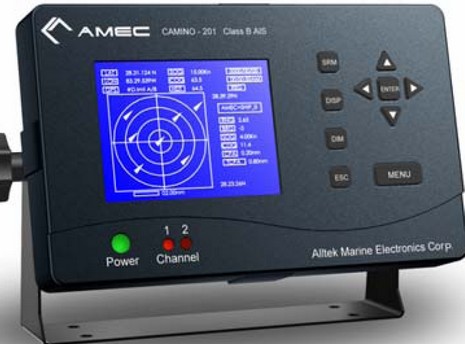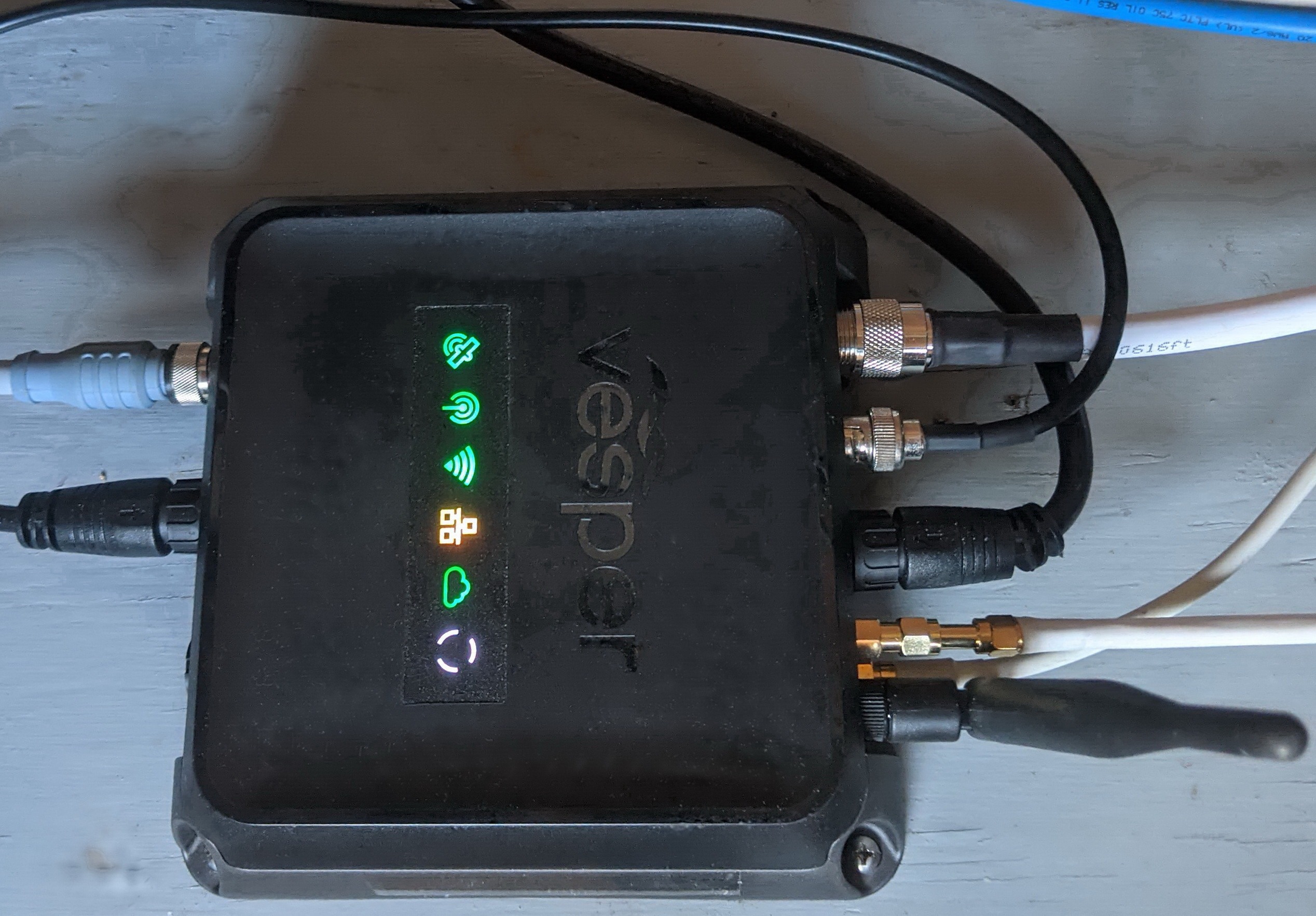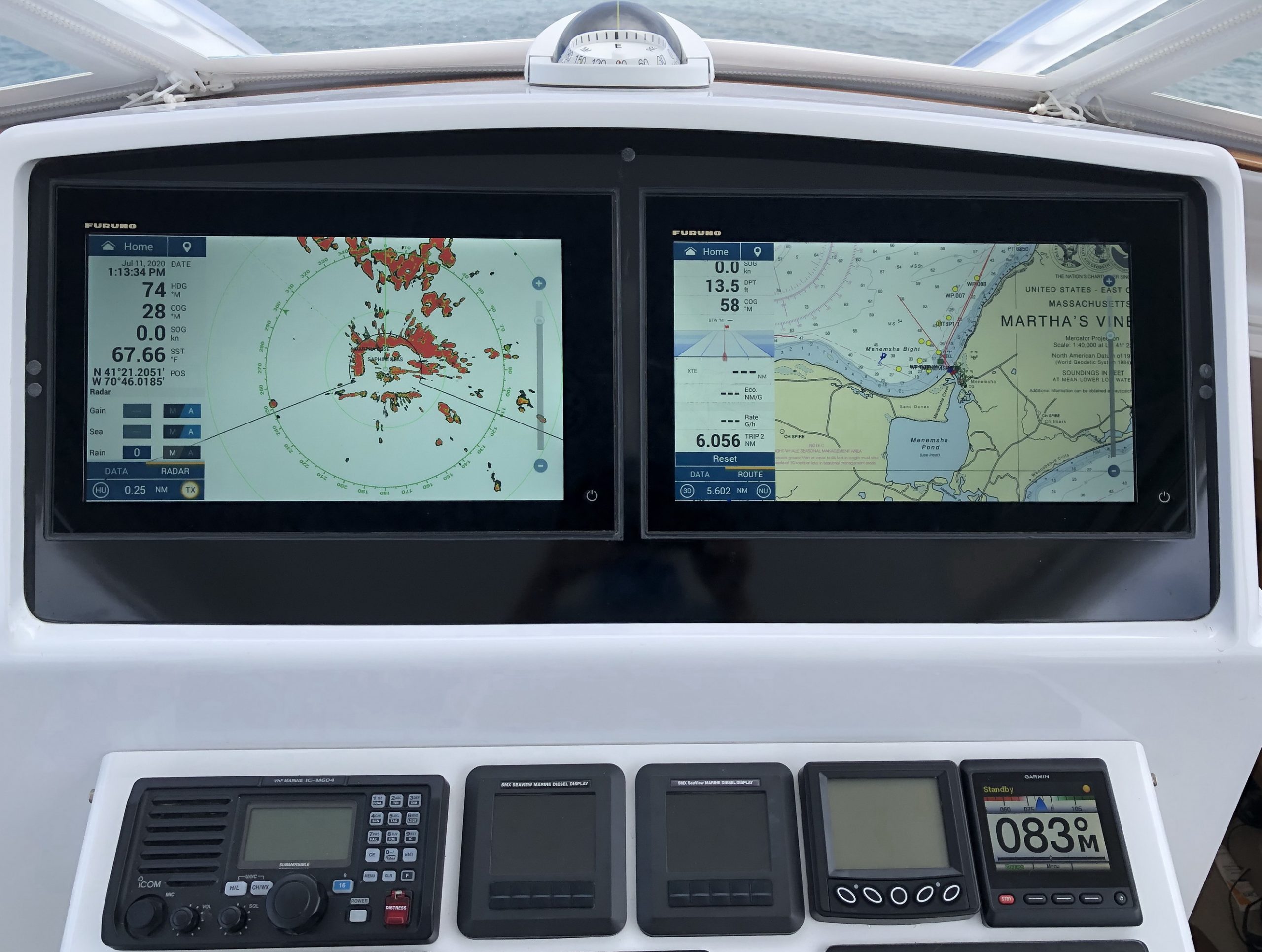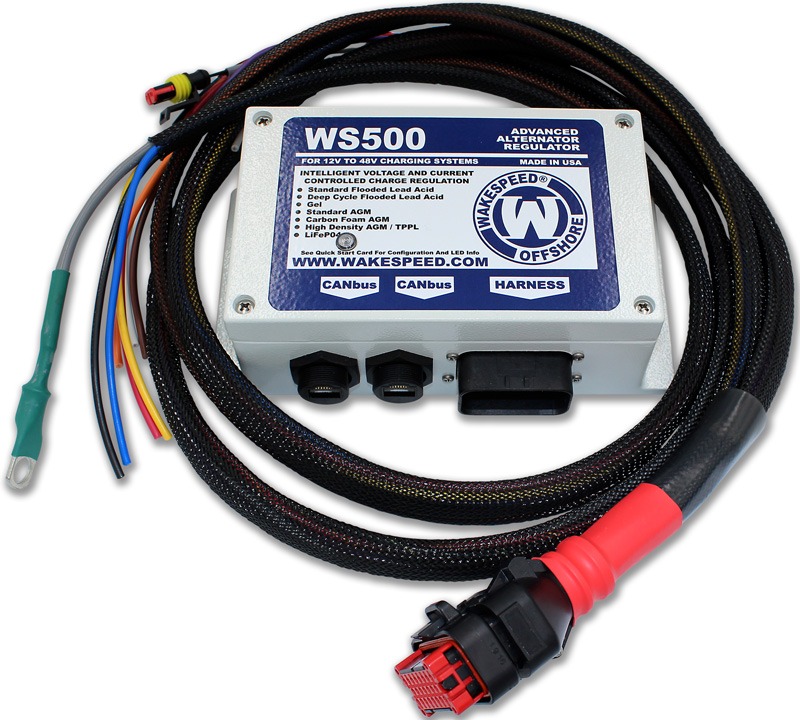Class B & the FCC, sounds good
A big thanks to Shine Micro for providing some useful detail about how the FCC is handling Class B AIS. First of all, the MMSI’s will be just like those used in DSC VHF’s (in fact, should be the same one already programmed into your boat’s radio). So, if your vessel requires an FCC station license, then you use the included MMSI. Otherwise you can use a free MMSI for a Class B transponder. And programming the MMSI is going to be left up to the manufacturer, who can do it themselves or pass it on to the dealer or user. However, the FCC is mandating that manufacturers preprogram all Class B devices with a unique unit identifier in the Vendor ID field of Static Data Message 24, and that field must be verified when the MMSI number is programmed during unit activation.
Now, I don’t quite understand how that last part will work in practice but the concept of every transponder having, besides an MMSI, a second fixed unique user ID that also identifies the manufacturer sounds to me like smart security, and a useful trouble shooting tool, without undue burden on anyone.
PS: If your company wants to get into the Class B transponder business, Taiwan manufacturer Alltek Marine has units purportedly ready to hit the approval circuit. They come either with or without a display, the former (below) expected to retail for about $1,000.














Ben, Am I missing something here? AIS transmits the MMSI number to enable a DSC/VHF to contact that vessel if necessary. How can that work if another MMSI is used by AIS that does not correspond to the MMSI programmed into the DSC/VHF?
Roger:
You are quite correct, the MMSI is allocated to the vessel and should be the same in both the DSC and the AIS. In the UK, MMSI’s are administered differently and are issued as part of the ships radio licence (free) and so would be the same anyway. I’m not quite sure how the US system works, but it would seem open to some confusion, perhaps?
Maybe this is why the FCC insisted on the manufacturer code and serial number field as well as a cross check that the MMSI is correctly matched? … Maybe?
I can see one security concern. If the manufacturer does not program in the MMSI, it opens the way to user’s changing their AIS identity. Having the manufacturer’s number transmitted means that the blame comes back, so perhaps inhibiting the manufacturers’ desire to delegate programming.
The Class B IEC spec states that the user must not be able to alter the MMSI once programmed. Therefore even if users do have the ability to programme the MMSI they won’t be able to change it (like a DSC radio).
I have a Comar CSB 200, one of the SRT boxes. Both the SW and the manual very specifically state that entering the MMSI is a one shot deal. The routine even has a “Are you sure?” module in it.